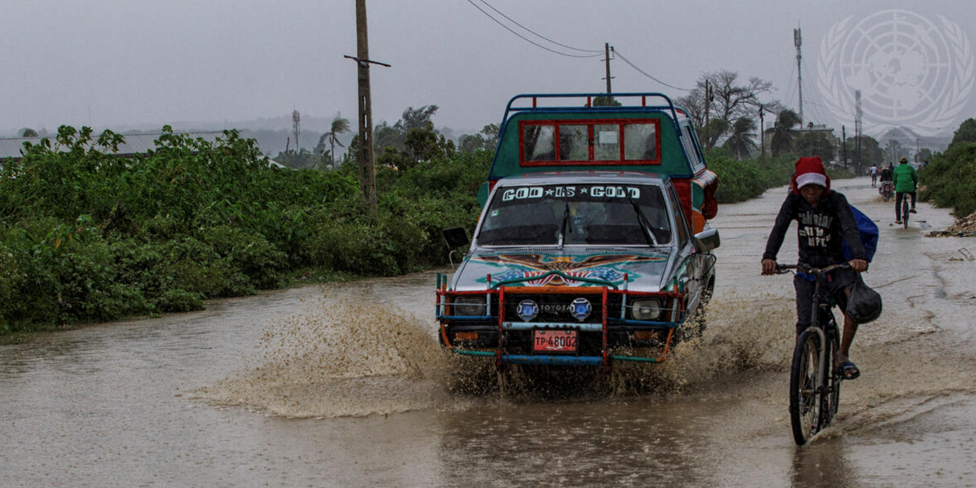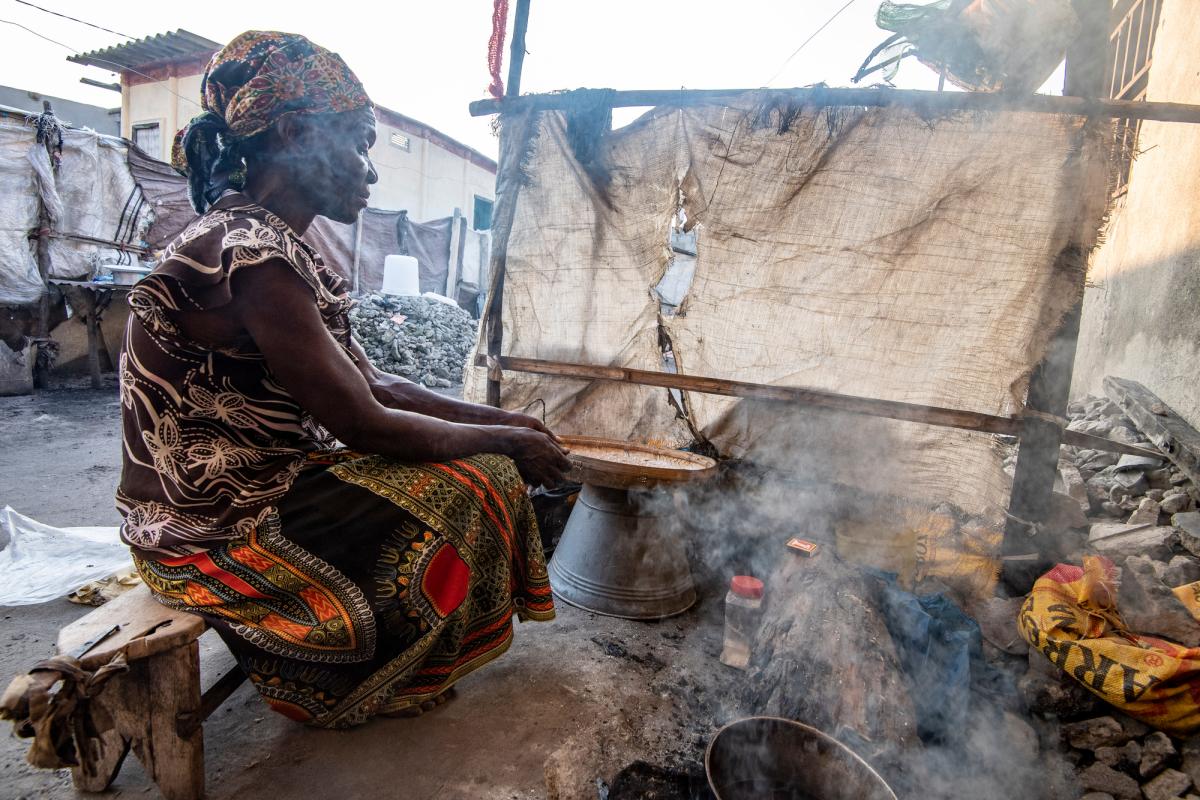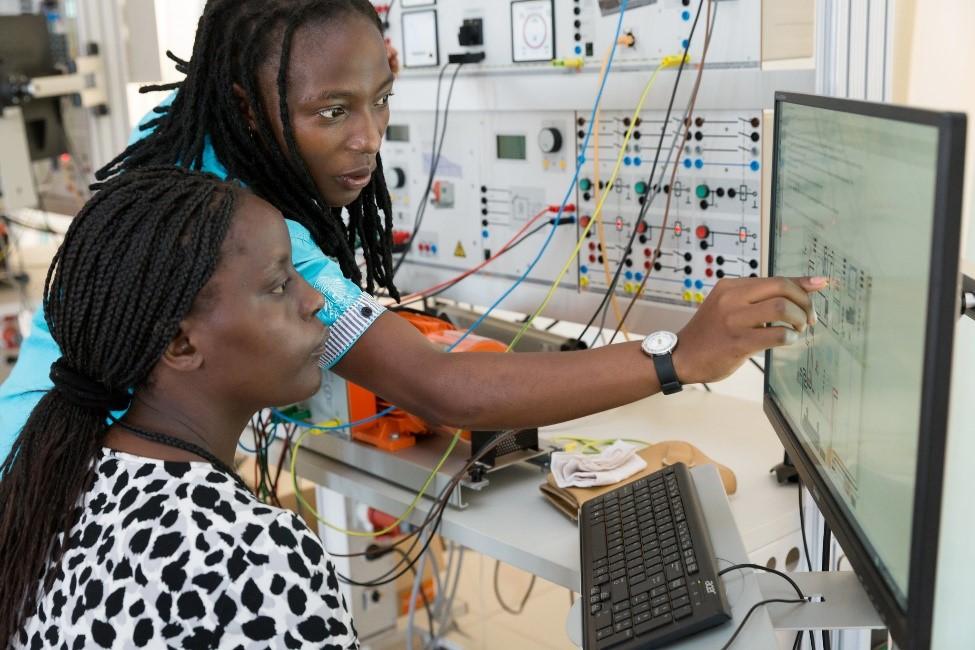Publications
Displaying 1 - 7 of 7
UN General Assembly Reports on Social Development |
Policy Briefs |
INTRODUCTION
The recent confluence of crises – the COVID-19 pandemic, violent conflicts, and climate change – has caused severe setbacks to central objectives of social development, such as poverty eradication, employment generation, inequality reduction, and building inclusive societies. People and societies in vulnerable situations have been hit the hardest by the converging crises.
There are indications that shocks and crises are becoming ever more frequent, severe, and far-reaching – driven by the worsening effects of climate change, the growing probability of pandemics, growing geopolitical tensions, and increasingly dense global networks of trade, finance and transport. The…
Policy Briefs |
INTRODUCTION
The capacity of Governments to deliver on the Sustainable Development Goals (SDGs) has been tested in all countries. The Global Sustainable Development Report 2023 underlined that the uneven and slow progress on the SDGs since 2016 was further undermined by the negative impact of the COVID-19 pandemic and recent crises. The Sustainable Development Goals Report 2024 has confirmed that countries are severely off track to achieve the SDGs. Progress on a number of SDG targets has stalled or suffered a reversal. Most targets are not on track to be achieved by 2030, and progress does not seem fast enough for the few targets that are closer to being met.…
Policy Briefs |
BACKGROUND
In the lead up to the 2023 Sustainable Development Goals (SDG) Summit (18-19 September, New York), the Secretary-General urged all Member States and stakeholders to present forward looking commitments to accelerate sustainable development in the coming years. A total of 39 Member States and 1 non-member observer state submitted 141 commitments via the SDG Summit Acceleration and Accountability Platform. This policy brief reviews these national commitments from the 2023 SDG Summit, focusing on how countries are translating the leaving no one behind (LNoB) concept into different policies across various country settings.
PROFILE OF COUNTRIES COMMITTED TO LNOB …
Policy Briefs |
INTRODUCTION
Population ageing is a global phenomenon, a shift towards an increasing share of older persons in the population. Even the least developed countries (LDCs) are beginning to experience the progressive ageing of their populations, and this process is expected to accelerate during the second half of the current century (United Nations, 2023a). Despite its far-reaching consequences, the emergence of this trend in LDCs has attracted only limited attention from both national policymakers and the international community. Most LDCs are still early in the decades-long process of population ageing, which is a direct consequence of the demographic transition towards longer lives and…
UN General Assembly Reports on Social Development |
Recalling its resolution 65/182 of 21 December 2010, in which it established an open-ended working group, open to all States Members of the United Nations, for the purpose of strengthening the protection of the human rights of older persons by considering the existing international framework of the human rights of older persons and identifying possible gaps and how best to address them, including by considering, as appropriate, the feasibility of further instruments and measures, as well as all its subsequent resolutions on the follow-up to the Second World Assembly on Ageing, including resolution 78/177 of 19 December 2023...Please click on the report link above for the full…
UN General Assembly Reports on Social Development |
The report provides an overview of the application of the concept of intergenerational solidarity across public policy domains, highlighting opportunities and challenges for current and future generations of older persons. The report covers selected work carried out by members of the Inter-Agency Group on Ageing. Key recommendations for consideration by Member States are set out in the concluding section.
Please click on the report link above for the full resolution, which is available in all six UN official languages.
 Welcome to the United Nations
Welcome to the United Nations



